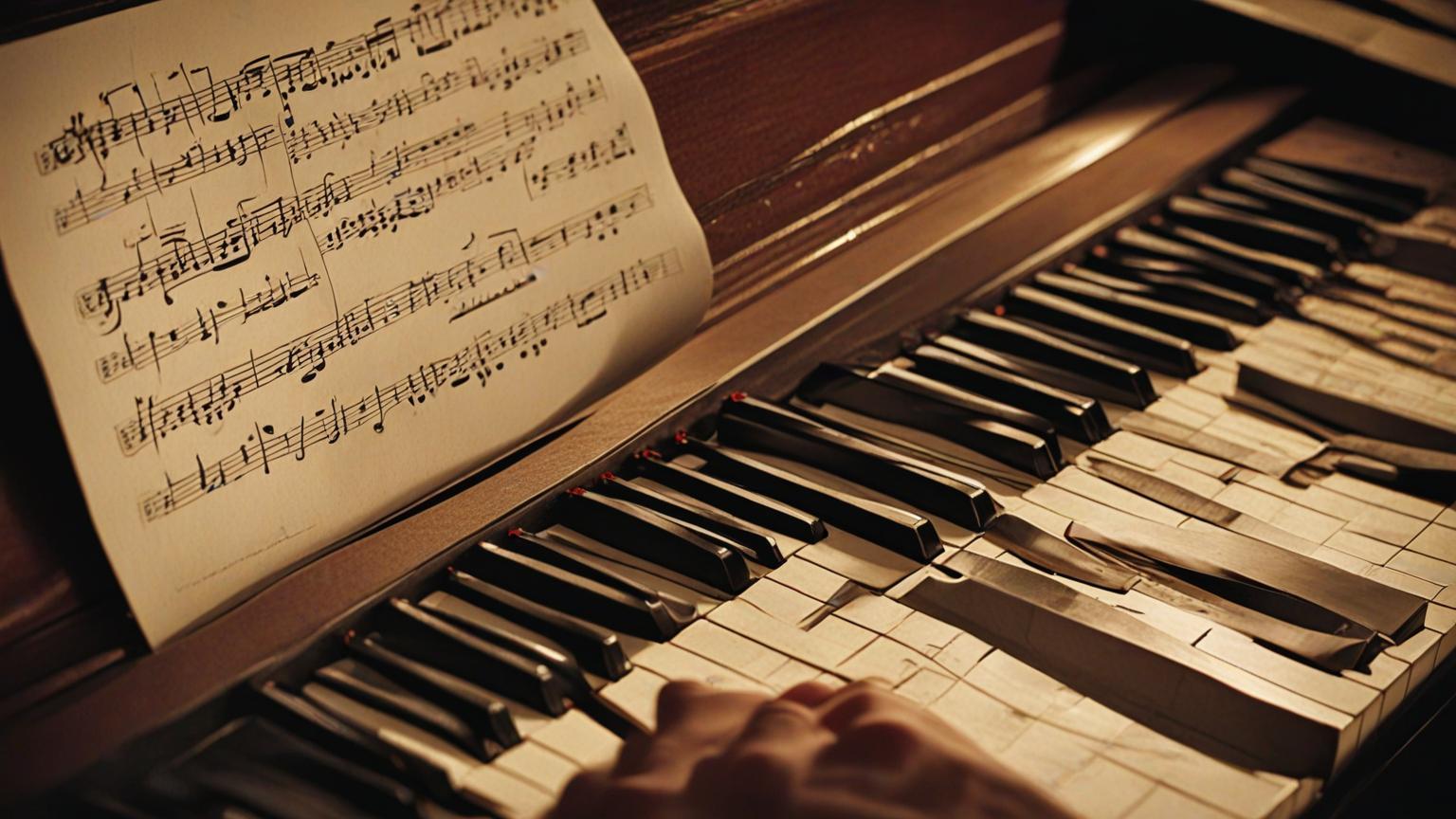In the kaleidoscopic world of cinema, music plays an invisible yet indispensable role in shaping our movie experience. While directors and actors often capture the limelight, it's the film composers who weave the emotional fabric of every film. These unsung heroes reside in the shadows, crafting soundscapes that resonate with audiences, subtly influencing the narrative without uttering a single word.
Film scores are complex creations, a juxtaposition of melody, harmony, and rhythm tailored to fit the visual stories they accompany. Ennio Morricone, John Williams, and Hans Zimmer are just a few names etched into the annals of movie music history. They have mastered the art of playing with our emotions, like a puppeteer deftly maneuvering strings to bring a character to life.
But writing a film score is akin to walking a tightrope. It requires a delicate balance between supporting the film and standing on its own as a piece of music. The best scores are those that add a dimension to the storytelling, enhancing the cinematic experience without overpowering it. They breathe life into scenes, making us feel fear, joy, romance, or tension through mere notes strung together seamlessly.
Composers work closely with directors to understand the vision of the film, adopting a collaborative approach akin to a dance—an intricate ballet where each partner anticipates the other's moves. This symbiotic relationship is crucial as it dictates how the music interacts with the visual imagery, ensuring the two marry together perfectly.
The advent of digital technology has been a game-changer in the world of film scoring. Virtual instruments and digital audio workstations allow composers to experiment with sounds and arrangements, offering immense creative freedom. The traditional orchestra still holds its charm, but the digital era has opened doors to new sonic landscapes, expanding the possibilities for modern soundtracks.
Despite the technological advancements, scoring remains a highly personal profession. It's not just about writing attractive music; it's about understanding human emotions and psychology. Every note is carefully chosen to provoke a specific emotional response, strategically placed to guide the audience through the narrative arc of the story.
An intriguing aspect of film score is its cross-cultural influence. Western composers are being inspired by Eastern melodies, while Eastern filmmakers embrace Western orchestration. This exchange of ideas adds a rich layer of diversity to contemporary scores, producing unique musical interpretations that transcend cultural barriers.
However, the industry does face its challenges. The corporate demand for profitability sometimes constrains creative expression. As blockbusters dominate the market, composers often find themselves in a race to produce scores that appeal to the widest possible audience, occasionally compromising on originality.
Aspiring composers, armed with talent and passion, must navigate this competitive landscape. The key lies in maintaining one's distinct voice, being adaptable yet true to one's artistic vision. Networking is essential, as is the willingness to work on smaller projects, building a repertoire and reputation that might one day open the doors to bigger cinematic adventures.
Let's not forget the music of independent films, which often provide composers with the liberty to experiment and express themselves freely. Indie soundtracks can be eclectic and unconventional, reflecting the innovative nature of the films they accompany. They might not have the reach of studio blockbusters, but they offer a refreshing diversity in the music ecosystem.
Finally, film score fan communities play an integral role in keeping the tradition alive. Websites devoted to movie music criticism analyze scores, offering insights into the compositional process and dissecting how the music enhances the narrative. Such discourse not only educates audiences but also celebrates the immense talent of composers, ensuring their contributions do not go unnoticed.
Film scores are a testament to the power of music in storytelling, a language that transcends spoken word, capable of eliciting the most profound emotions. They are the unsung poetic verses of cinema that deserve a standing ovation of their own—a melodious symphony that merges imagination with reality, breathing life into the celluloid dreams that flicker on screens worldwide.
The unseen maestros: unraveling the art of film score

